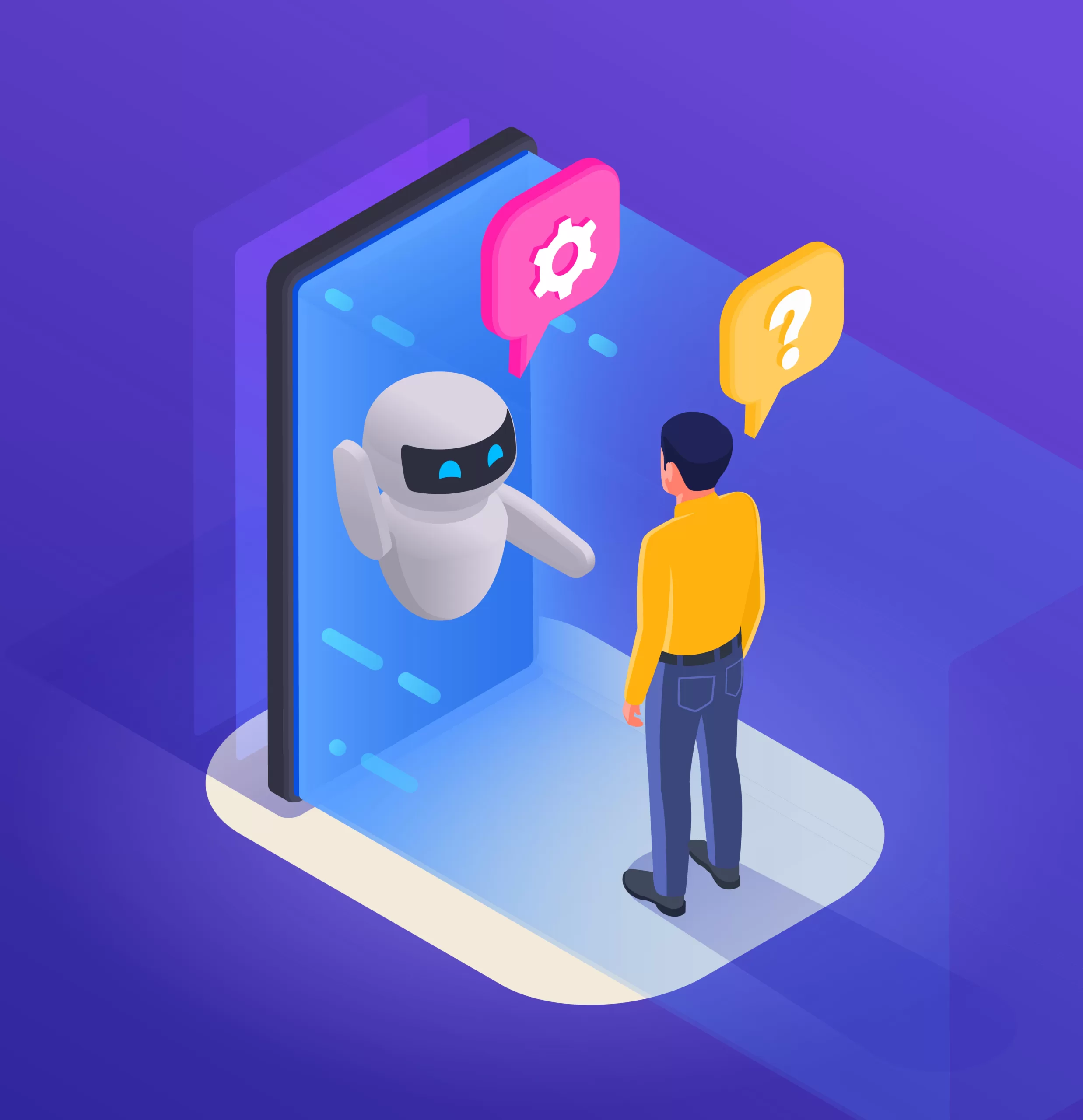Overview
Are you ready for the latest advancements in chatbot technology? From personalized messaging to increased efficiency, chatbots are changing how we communicate with businesses and organizations. This article will explore chatbots’ latest tech news updates, including their benefits and trends shaping their development.
Introduction
Chatbots are computer programs that interact with users conversationally, typically through instant messaging services. They have become increasingly popular in recent years as businesses and organizations seek to improve customer engagement, reduce costs, and increase efficiency.
Personalized Messaging
The ability of chatbots to deliver personalized messages is one of their main advantages. Using data analytics and machine learning, chatbots can deliver targeted messages and offers to users based on their preferences, behavior, and past interactions. It improves the user experience and increases the likelihood of conversion and customer loyalty.

Increased Efficiency
Chatbots are also being used to improve efficiency and productivity across different industries. They can automate repetitive tasks, such as answering frequently asked questions, scheduling appointments, and processing orders. It frees human agents to focus on more complex and high-value tasks, such as resolving customer complaints and providing personalized recommendations.
Chatbots and AI
Chatbots are often powered by artificial intelligence (AI), which enables them to learn and adapt to user behavior over time. It can result in more natural and engaging conversations and improved accuracy and relevance of responses. AI-powered chatbots can also be integrated with other technologies, such as voice assistants and augmented reality, to provide a more seamless and immersive user experience.
Natural Language Processing
The goal of natural language processing (NLP), a subfield of artificial intelligence, is to help computers comprehend and interpret human language. Chatbots that use NLP can understand and respond to user queries and commands in a more human-like manner, which enhances the user experience and reduces frustration. NLP-powered chatbots can also process unstructured data, such as social media posts and reviews, to provide valuable insights into customer sentiment and behavior.
Voice-Enabled Chatbots
Voice-enabled chatbots are becoming increasingly popular, thanks to the widespread adoption of smart speakers and virtual assistants, such as Amazon Alexa and Google Assistant. This type of chatbot can provide hands-free and personalized assistance, such as ordering groceries, booking a restaurant, or checking the weather. They can also be integrated with other IoT devices, such as smart thermostats and security systems, to provide a more connected and automated home experience.
Chatbots and E-commerce
Chatbots are transforming the way we shop online. They can provide personalized product recommendations, answer customer queries, and even process orders and payments. It improves the customer experience and increases sales and customer loyalty. Facebook Messenger and WhatsApp are just two examples of how chatbots can be integrated with social media to improve the shopping experience.
Chatbots and Customer Service
Chatbots are increasingly used in customer service to provide quick and efficient user support. They can handle various queries without human intervention, such as account information, order status, and technical issues. It reduces wait times and improves customer satisfaction. They can also collect feedback and enhance the quality of service by analyzing customer interactions and sentiments.
Chatbots in Healthcare
The Chatbots are also being used in healthcare to improve patient engagement and support. They can provide personalized health advice, medication reminders, and even diagnose and triage symptoms. It improves access to healthcare and reduces the burden on healthcare professionals. Chatbots can also collect patient data and monitor treatment effectiveness, informing clinical decision-making.
Chatbots in Education
The potential of chatbots in education is currently being researched. They can provide personalized tutoring, answer student queries, and even grade assignments. It not only enhances student engagement but also reduces the workload of teachers. Chatbots can also provide educational content more interactively and engagingly, such as through gamification and virtual reality.
Chatbot Security
As chatbots become more prevalent, ensuring their security and privacy is becoming increasingly important. Chatbots can be vulnerable to cyberattacks, such as data breaches and malware infections, which can compromise user data and trust. Chatbots need to be built with security in mind to reduce these risks. Hence, adding encryption, authentication, and access control is crucial.
Ethical Considerations for Chatbots
Chatbots, like any other technological advancement, raise important ethical questions. For example, chatbots must be designed to avoid discrimination and bias, particularly in healthcare and education. They must also be open and answerable about collecting and using data. Ethical concerns will increase in importance as chatbots improve.
Future of Chatbots
The future of chatbots looks bright, with continued advancements in AI and NLP expected to enhance their capabilities and expand their use cases. Chatbots are likely to become more human-like in their interactions and may even be indistinguishable from humans in some cases. They may also support more complex tasks like financial planning and legal advice. Chatbots’ increasing prevalence is changing how we interact with companies and institutions.
Conclusion
Chatbots are an exciting technology that is transforming how we communicate with businesses and organizations. Chatbots offer various benefits across industries, from personalized messaging to increased efficiency. As chatbots evolve, it’s essential to consider their security, privacy, and ethical implications. With continued advancements in AI and NLP, the future of chatbots looks promising, and they are likely to play an increasingly important role in our daily lives.


